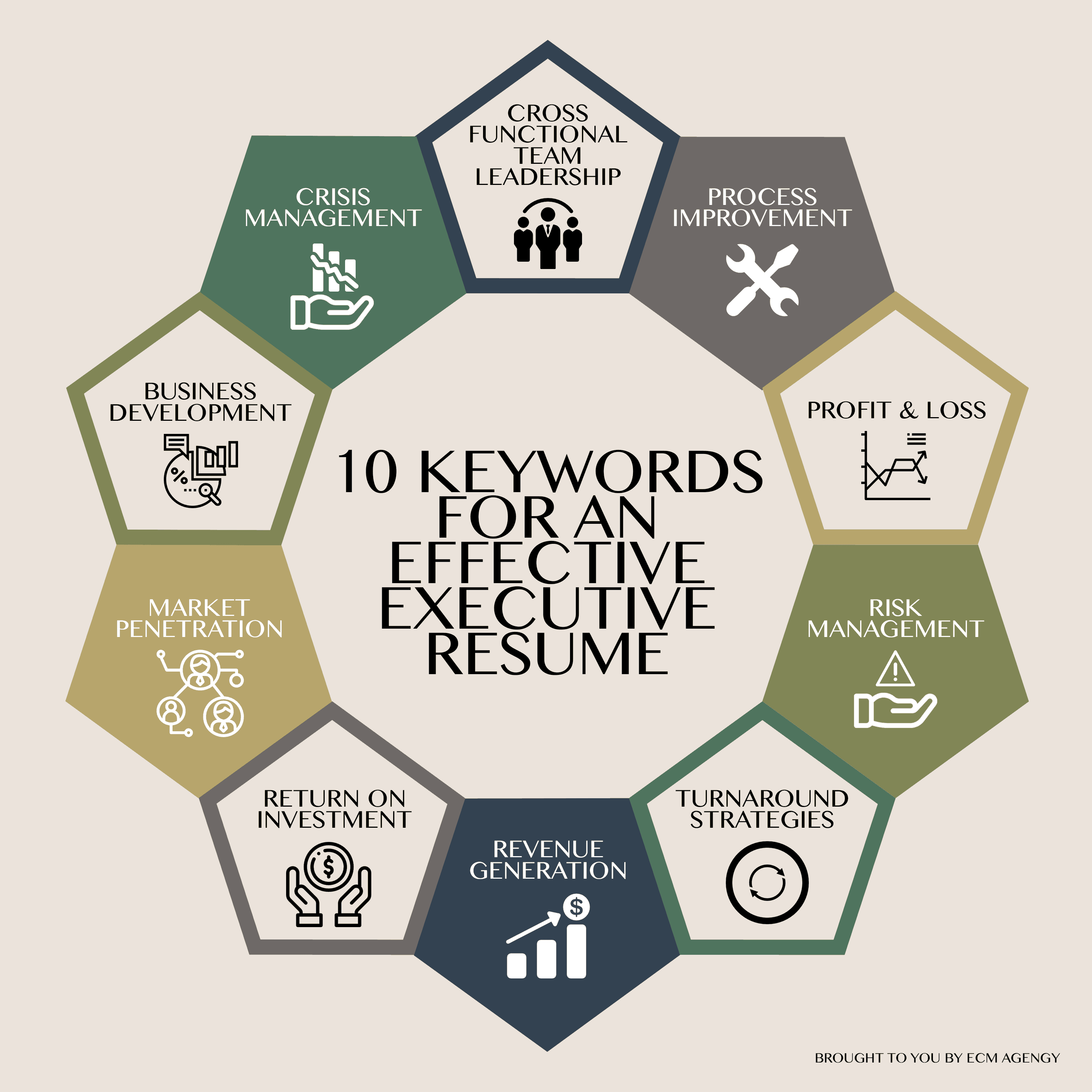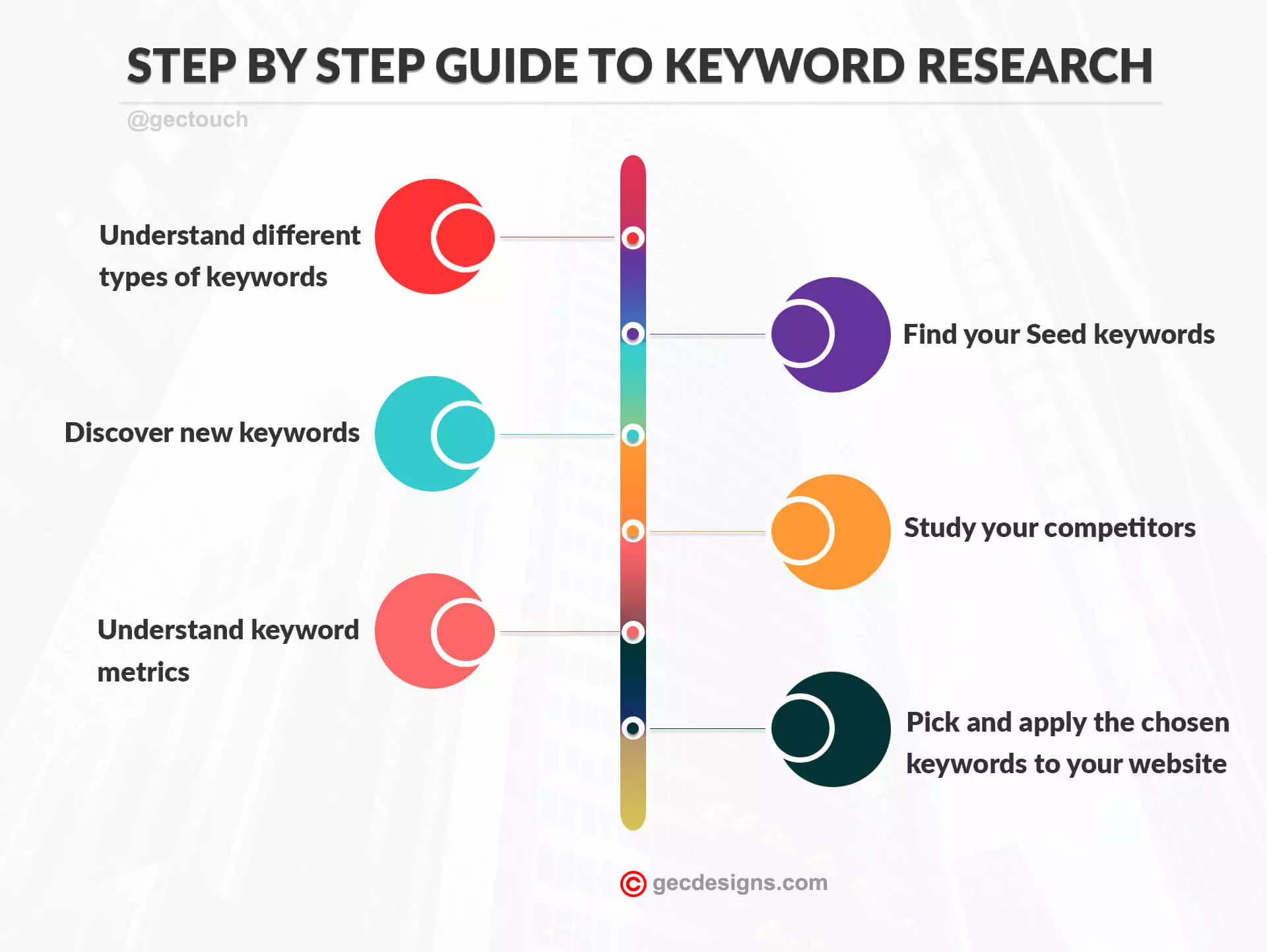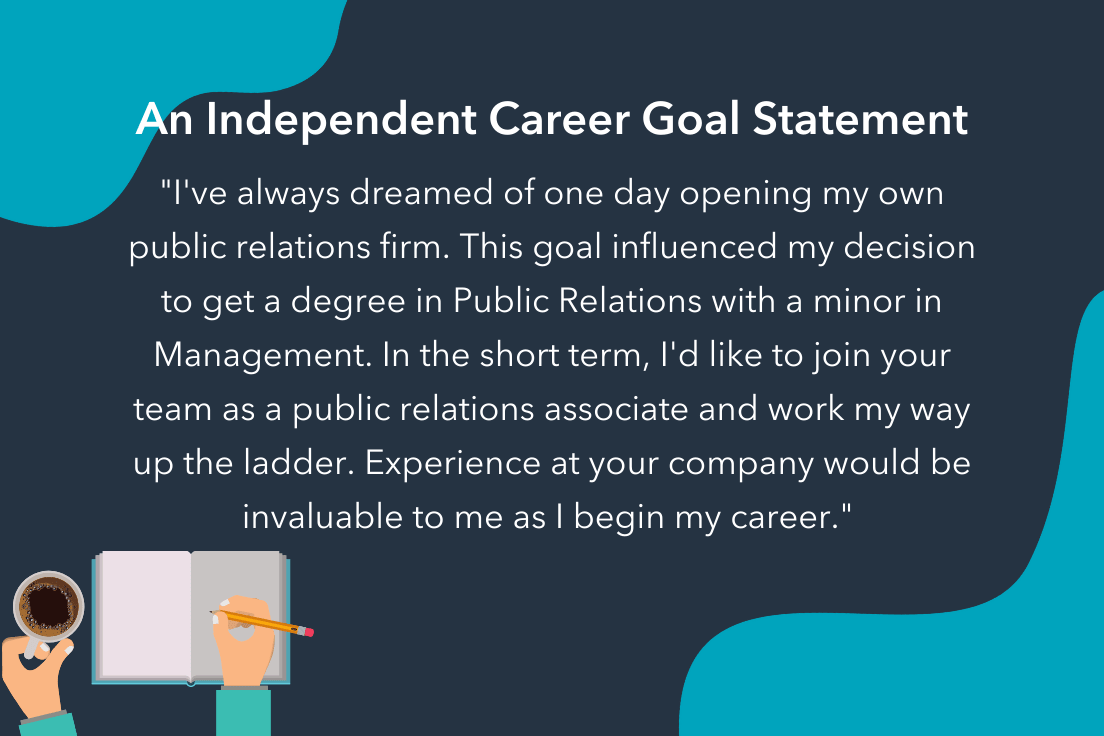How to Write a Perfect Resume Objective to Impress the Employers
Date
Jul 08, 24
Reading Time
9 minutes
Category
Interviews
- Introduction
- What is a Resume Objective?
- Importance of Keywords in a Resume Objective
- Crafting Your Resume Objective: Step-by-Step Guide
- Resume Objective Samples for Freshers
- Resume Objective Examples for Experienced Professionals
- Common Mistakes to Avoid in Resume Objectives
- Conclusion
- Frequently Asked Questions (FAQs)
Table of content

Introduction
A standout resume often begins with a compelling objective—a brief, powerful statement that captures your professional ambitions, skills, and the attention of recruiters.
In today’s job market, where first impressions are crucial, your resume objective can set the tone for your entire application. It acts as a personal pitch situated at the top of your resume, offering a snapshot of your career goals and the value you bring to potential employers.
But how do you ensure that this small section makes a big impact?
The answer lies in effectively implementing strategic keywords that resonate with hiring managers and align with job descriptions.
In this blog, we'll explore the nuances of writing an effective resume objective, providing practical tips, examples tailored for both freshers and experienced professionals, and common pitfalls to avoid.
Whether you are just stepping into the professional world or looking to pivot in your career, mastering the art of the resume objective is a crucial step.
What is a Resume Objective?
A resume objective is a brief statement at the top of your resume that outlines your career goals and how they align with the job you're applying for.
It's your first opportunity to catch an employer's attention, so making it impactful is crucial.
It explains what you hope to achieve in your career and how you plan to contribute to the company you're applying to. It's straightforward and focuses directly on how your goals match the job.
Why Use a Resume Objective?

A resume objective is particularly valuable for those new to the job market, such as fresh graduates, or individuals looking to shift careers.
It helps you make a strong first impression by clearly stating your career intentions and demonstrating your enthusiasm for the position. For those with specific career objectives that align closely with a particular role, it's an effective way to express how you are the right fit for the job.
Writing a clear and concise resume objective can significantly increase your chances of capturing an employer’s interest and getting closer to landing the job.
Importance of Keywords in a Resume Objective

Writing a resume objective with the right keywords can significantly increase your visibility to potential employers.
Keywords are crucial because they align your resume with the job description and the employer's needs.
Keywords in a resume objective are specific words or phrases that relate directly to the job position.
They are often skills, qualifications, or relevant experiences that hiring managers look for in a candidate. Using these keywords makes your resume more likely to be noticed by hiring software and hiring managers.
How to Identify the Right Keywords

To find the right keywords, start by reading the job description carefully. Look for specific skills and qualifications that are mentioned repeatedly. These are likely what the employer values most.
Also, consider the industry terms or jargon that are commonly used in your field. Adding these to your resume shows you are familiar with the industry.
Using the right keywords in your resume objective helps ensure that your resume speaks directly to the job posting and increases your chances of making it through initial screenings.
This strategic approach can set your application apart from others and bring you one step closer to an interview.
Crafting Your Resume Objective: Step-by-Step Guide
Writing a resume objective that effectively showcases your skills and aligns with the job you're aiming for can be straightforward if you follow a structured approach.
Understand the Job Requirements
Start by thoroughly reading the job description. Identify the key responsibilities and required skills. This understanding will guide what you should emphasize in your objective.
Reflect on Your Career Goals

Think about what you want in your career and how this job fits into those plans. This reflection helps you connect your goals with what the job offers.
Write a Draft
Combine your understanding of the job and your career aspirations to write a draft of your objective. Keep it concise but informative. Focus on how you can contribute to the company while achieving your own goals.
Incorporate Keywords
Revisit the job description and integrate relevant keywords into your resume objective. This makes your resume more likely to catch the attention of both hiring managers and applicant tracking systems.
Seek Feedback
Once you have a draft, get feedback from peers or mentors. They can offer insights on how your objective might be perceived and suggest improvements.
Revise and Refine
Based on feedback, refine your objective. Ensure it's clear, concise, and powerful.
By following these steps, you create a resume objective that not only highlights your qualifications and career goals but also aligns perfectly with the job you're applying for.
This targeted approach increases your chances of catching an employer's eye and moving forward in the hiring process.
Resume Objective Samples for Freshers
Fresh graduates often struggle with what to include in their resume objectives since they may not have extensive work experience.
Here are some samples that demonstrate how freshers can effectively showcase their skills and career aspirations.
For a Marketing Position:
"Recent graduate with a Bachelor’s in Marketing, specializing in digital content creation and social media strategy. Eager to apply academic knowledge and innovative thinking to enhance the digital presence of [Company’s Name]."
For an Engineering Role:
"Engineering graduate from [University Name] with practical experience in internships involving software development and problem-solving. Committed to applying technical skills and fresh ideas to contribute to the success of [Company’s Name] projects."
For a Finance Job:
"Finance major with internship experience in financial analysis and portfolio management. Seeking to leverage strong quantitative skills and a keen analytical mindset to support the financial planning and investment strategies at [Company’s Name]."
For an Entry-Level Sales Position:
"Enthusiastic and driven, with strong communication skills and a solid foundation in customer relationship management from part-time work and internships. Looking to start a career in sales with [Company’s Name], aiming to exceed sales targets and contribute to company growth."
For a Graphic Design Job:
"Creative and detail-oriented Graphic Design graduate with a strong portfolio demonstrating skills in Adobe Creative Suite and design principles. Excited to bring artistic insights and innovation to [Company’s Name] as part of your dynamic team."
Each sample emphasizes the fresher’s educational background, any relevant experience, and a strong desire to apply their skills in a real-world setting, demonstrating how they can add value to the prospective employer.
Resume Objective Examples for Experienced Professionals
These samples demonstrate how to effectively highlight your skills, experiences, and professional achievements to catch the attention of hiring managers.
For a Project Management Role:
"Seasoned project manager with over 10 years of experience in fast-paced tech environments. Proven track record of successfully leading projects from conception to completion, reducing costs by 20% and cutting delivery times by 30%. Eager to bring leadership and organizational skills to [Company’s Name] to drive future success."
For a Senior Marketing Position:
"Dynamic marketing professional with 12 years of comprehensive experience in brand management and campaign development. Skilled in increasing brand visibility and engagement through innovative strategies and leadership of cross-functional teams. Looking to leverage expertise at [Company’s Name] to enhance marketing outcomes."
For a Financial Analyst Job:
"Detail-oriented financial analyst with a decade of experience in budget forecasting, financial modeling, and market analysis within the financial services sector. Committed to employing data-driven strategies at [Company’s Name] to optimize financial performance and profitability."
For an IT Manager Position:
"IT Manager with 15 years of experience in managing complex IT projects, optimizing system functionality, and leading diverse teams. Known for improving system efficiency by 40% through strategic innovations. Aim to utilize technical and managerial skills at [Company’s Name] to advance technological excellence."
For a Human Resources Role:
“HR professional with over 8 years of experience in recruitment, employee engagement, and performance management in multinational corporations. Passionate about developing workforce strategies that support organizational goals. Interested in the HR Manager role at [Company’s Name] to foster a vibrant and productive workplace culture.”
These examples show how experienced professionals can construct a resume objective that not only highlights their experience but also shows how they can apply their skills and knowledge to benefit their potential new employer.
Each objective is crafted to showcase career achievements and industry expertise, making them highly effective for individuals looking to take the next step in their careers.
Common Mistakes to Avoid in Resume Objectives

As you develop your resume objective, it's crucial to be mindful of common mistakes that can undermine its effectiveness. Here are some key pitfalls to avoid to ensure your resume objective is as strong as it can be.
Being Too Vague:
Avoid generic statements that could apply to anyone. Specificity is key; tailor your objective to the job and company you're applying for to demonstrate your genuine interest and suitability.
Overusing Buzzwords:
While it's important to include relevant keywords, relying too heavily on buzzwords can make your objective sound insincere or unoriginal. Use industry-specific terms appropriately and focus on clear, direct language.
Focusing Too Much on Yourself:
While your resume objective should reflect your career goals, it shouldn't only focus on what the company can do for you. Emphasize how you can contribute to the company, addressing their needs and how your skills make you the right fit.
Making It Too Long:
A resume objective should be concise. Keep it to two or three sentences—enough to convey your goals and qualifications without overwhelming the reader.
Neglecting to Update It:
Each job application should have a customized objective. Using the same objective for every application misses the opportunity to connect with the specific job and company.
By steering clear of these mistakes, you can write a resume objective that effectively captures your professional essence and aligns with the employer’s expectations.
This attention to detail can significantly increase your chances of progressing to the next stage of the hiring process.
Conclusion
In conclusion, a well-crafted resume objective can significantly boost your chances of catching an employer's attention and securing a job interview.
By clearly defining your career goals, integrating essential keywords, and tailoring your objective to each specific job, you demonstrate your relevance and potential value to prospective employers.
Remember to keep your objective concise, focused, and oriented toward how you can contribute to the company.
With the guidelines and examples provided in this blog, you will be well-equipped to write a compelling resume objective that stands out in the competitive job market.
Happy job hunting!Flexibility and persistence are crucial traits in this journey, enabling individuals to adapt to challenges and pursue opportunities with resilience. With determination and a growth mindset, you will find best career opportunities for you.Stay proactive and adaptable, and you'll find that growth and success are within your reach.In today's competitive world, enhancing your skills and cultivating strong communication qualities are essential for career growth and personal fulfillment.
Relinns Technology offers an excellent platform to achieve these goals. At Relinns, you can discover a wealth of career opportunities designed to help you excel. The company is dedicated to helping you enhance your skills, particularly in communication, through hands-on projects and continuous learning. By joining a team of passionate professionals and working on cutting-edge technologies, you will not only contribute to innovative projects but also hone your communication capabilities.

Frequently Asked Questions (FAQs)
What is the difference between a resume objective and a career objective?
A resume objective and a career objective essentially serve the same purpose: to outline your career goals and how they align with the job you’re applying for.
Can you provide a resume objective example for an entry-level job?
"Enthusiastic and driven recent graduate with a degree in Business Administration, eager to apply analytical skills and proactive attitude in a junior analyst position at [Company's Name]."
Where can I find a resume objective template?
Resume objective templates are available on career advice websites like Indeed or LinkedIn, offering structures that you can customize to fit your specific career goals.
What should a fresher include in a resume objective sample?
Freshers should focus on educational achievements, key skills, and relevant internships or projects in their resume objectives to highlight their potential and readiness for the workplace.
How often should I update my resume objective?
Update your resume objective for each job application to tailor it to the specific role and company, ensuring it reflects the current job requirements and your most relevant skills and goals.





